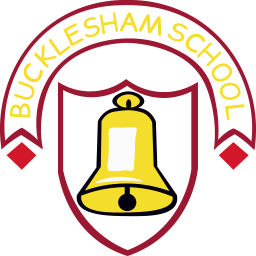Science
Whole School Gallery
Key Stage Two STEM morning for British Science Week
Eco Team planting 4 donated fruit trees in the Woodland Area

Eco Team Meeting Sue Knights (a steward from The Suffolk Show)


|
|
|
|
|
|
Our Eco Team in action planting in our new Woodland Area. 🌳
Science
Intent - what do we want children to learn?Our aim is to develop curious scientists, with a strong scientific knowledge. This will be taught through discrete lessons and cross-curricular learning as well as whole school science days or projects to engage pupils, develop their understanding of working scientifically and to create memorable experiences. Our intention throughout school is to plan for challenging and creative scientific opportunities, to develop the children’s understanding of scientific ideas by using different types of enquiry, including through observing changes over a period of time, noticing patterns, grouping and classifying things, carrying out simple comparative tests, and finding things out using secondary sources of information. We aim to support pupils to develop an understanding of the process and methods of Science by providing a range investigations and questions to help them explore the world around them. We hope to develop and nurture our pupils’ curiosity by not only following the National Curriculum, but also following their own questions and interests to hopefully develop a love, passion and appreciation for Science and the ability to communicate their findings effectively in a range of ways
|
Impact - what will it look like when we have achieved our intent?Pupils love learning about science and the world around them. They are enthusiastic, with the skills to ask questions and the confidence to develop investigations to answer the questions. They understand how to work scientifically, making predictions based on prior knowledge and their understanding of scientific processes. They can make and record careful observations in a variety of ways, drawing conclusions from these observations and evaluating their outcomes. They show a developing understanding of the causes of phenomena. Pupils show a growing knowledge of scientific concepts and processes, showing accurate use of relevant scientific vocabulary in both written work and verbal responses. |

















































